THE ELECTRONIC LITERATURE ORGANIZATION PRESENTS VOLUME 4 OF FIELD-DEFINING COLLECTION
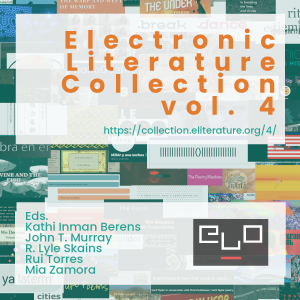 Announcing the publication of the ELECTRONIC LITERATURE COLLECTION VOLUME 4, a freely accessible, Creative Commons-licensed collection of 132 digital-born literary works from 42 author nationalities in 31 languages. ELC4 debuted at the Electronic Literature Organization Conference in Como, Italy, May 30-June 1, 2022.
Announcing the publication of the ELECTRONIC LITERATURE COLLECTION VOLUME 4, a freely accessible, Creative Commons-licensed collection of 132 digital-born literary works from 42 author nationalities in 31 languages. ELC4 debuted at the Electronic Literature Organization Conference in Como, Italy, May 30-June 1, 2022.
The Electronic Literature Collection, hosted by the Electronic Literature Organization, defines the field of electronic literature. Each volume recognises contemporary works, trends, and emerging creators in born-digital narrative and poetry. This collection is used as a foundational teaching text in university programs incorporating studies of electronic literature, interactive narratives, and e-poetry around the world.
Selected from more than 450 works, ELC4 presents the largest group yet of author/makers writing in Afrikaans, Ancient Chinese, Arabic, Catalan, Chinese, Danish, Dutch, English, French, German, Greek, Hungarian, Indonesian, isiXhosa, Italian, Japanese, Korean, Mezangelle, Norwegian, Polish, Portuguese, Romanian, Russian, Setswana, Simplified Chinese, Slovak, South African Sign Language, Spanish, Swedish, Turkish, Yoruba.
The Collection includes commercial works such as groundbreaking VR experiences and narrative video games. These join the many other works that are open access: database fictions, autoethnographies by GenZ makers, works that play with AI, geospatial storytelling via mobile phones–among many other styles and platforms.
The Electronic Literature Collection Volume 4 was edited by Kathi Inman Berens, John T. Murray, R. Lyle Skains, Rui Torres, and Mia Zamora with the assistance of an international advisory board and three student fellows.
“We made a strong effort to discover artists who were previously unknown to us,” said the Editors. “Curators in Mexico, India, West Africa, and international consultants from six continents helped us discover and evaluate works in languages we don’t speak.”
“Our driving purpose was to expand the collection in terms of diversity,” added Skains, “and to make the origins of these works searchable and transparent to all collection users.”
Teachers looking to engage students in cutting-edge literary works will find they can freely access ELC4 on their phones. Classroom computers aren’t necessary. It’s like a free textbook!
Scholars will appreciate being able to download and study the code and media assets of featured works. The Electronic Literature Organization hosts versions of the works to ensure perpetual access, even after operating systems and software are updated or become obsolete.
FREELY ACCESS THE ELECTRONIC LITERATURE COLLECTION VOLUME 4 here:
https://collection.eliterature.org/4/
ELC4 is the fourth collection published by the Electronic Literature Organization in 22 years. All four are available freely via Creative Commons license: https://collection.eliterature.org/
The Electronic Literature Organization was founded in 1999 to foster and promote the reading, writing, teaching, and understanding of literature as it develops and persists in a changing digital environment. A 501c(3) non-profit organization, ELO includes writers, artists, teachers, scholars, and developers from around the world.
 This week Research.com, a prominent academic platform, published its 2022 Edition of the Ranking of Top 1000 Scientists in the area of Social Sciences and Humanities. Professor Edwin van Teijlingen, in the Centre for Midwifery, Maternal & Perinatal Health (CMMPH), is listed as number 234 in United Kingdom ranking as well as number 1238 in the Social Sciences and Humanities world ranking.
This week Research.com, a prominent academic platform, published its 2022 Edition of the Ranking of Top 1000 Scientists in the area of Social Sciences and Humanities. Professor Edwin van Teijlingen, in the Centre for Midwifery, Maternal & Perinatal Health (CMMPH), is listed as number 234 in United Kingdom ranking as well as number 1238 in the Social Sciences and Humanities world ranking.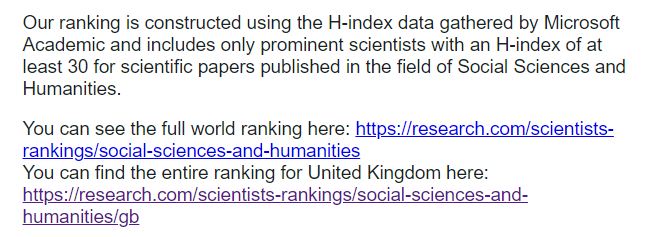



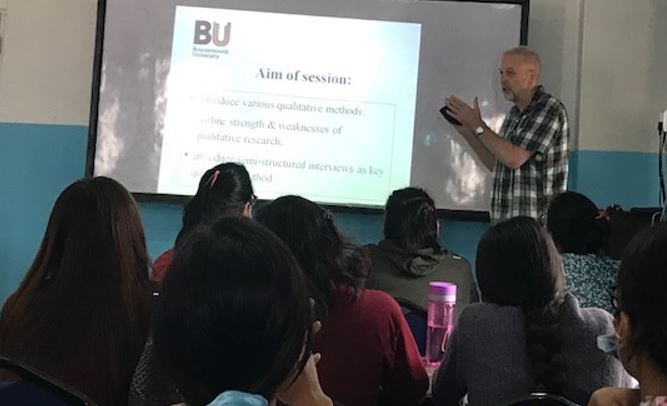
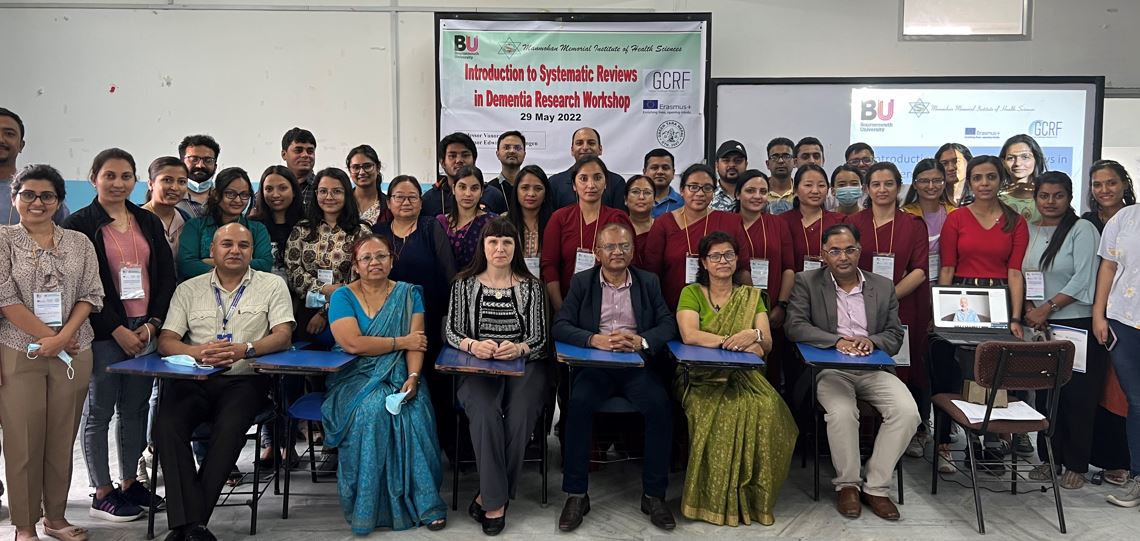
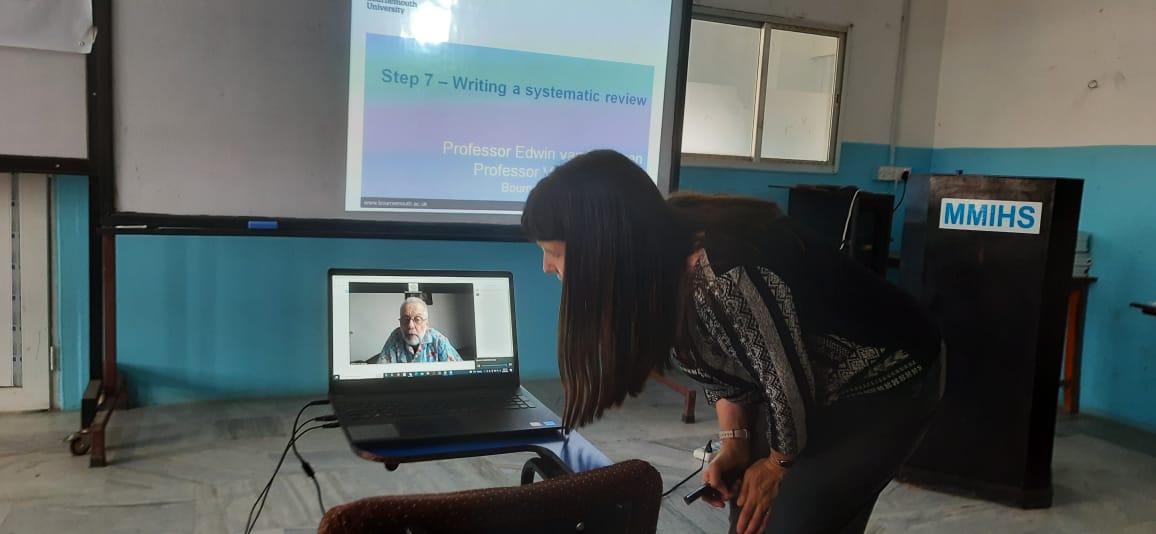
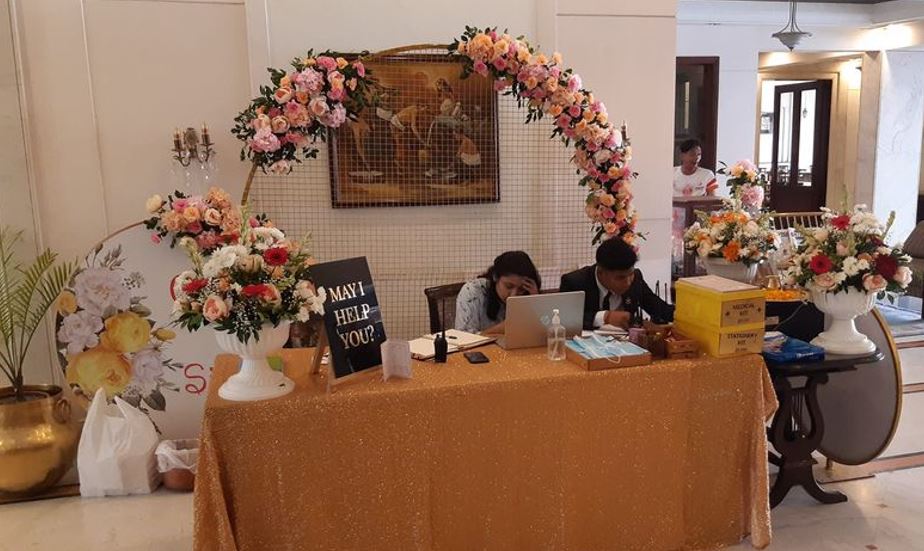
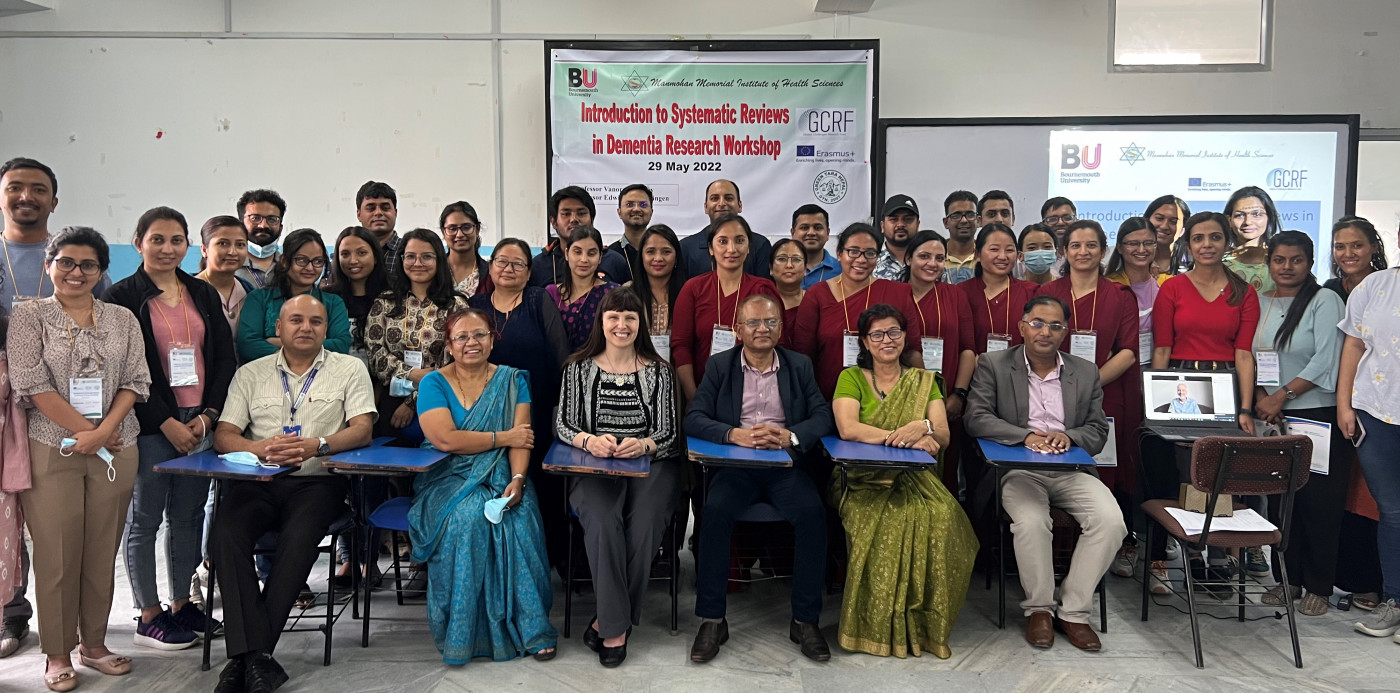

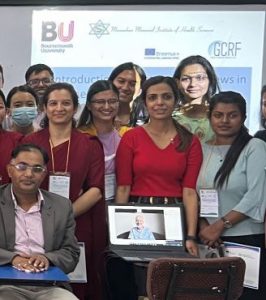
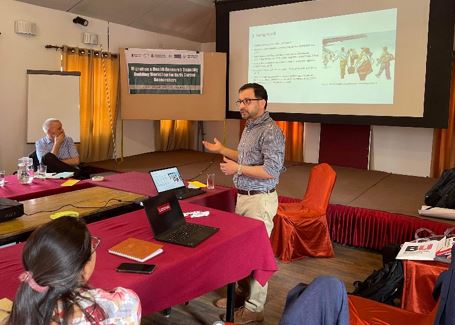
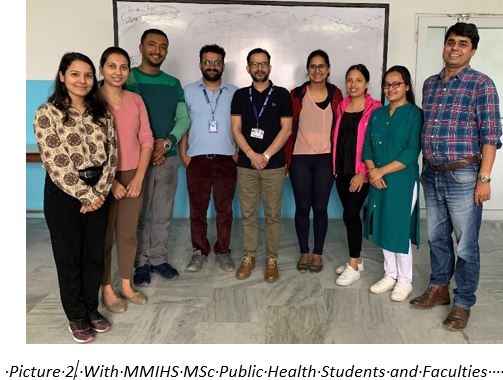







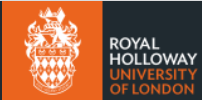
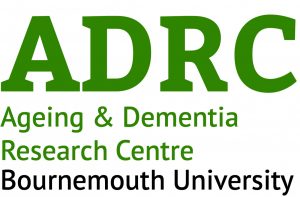
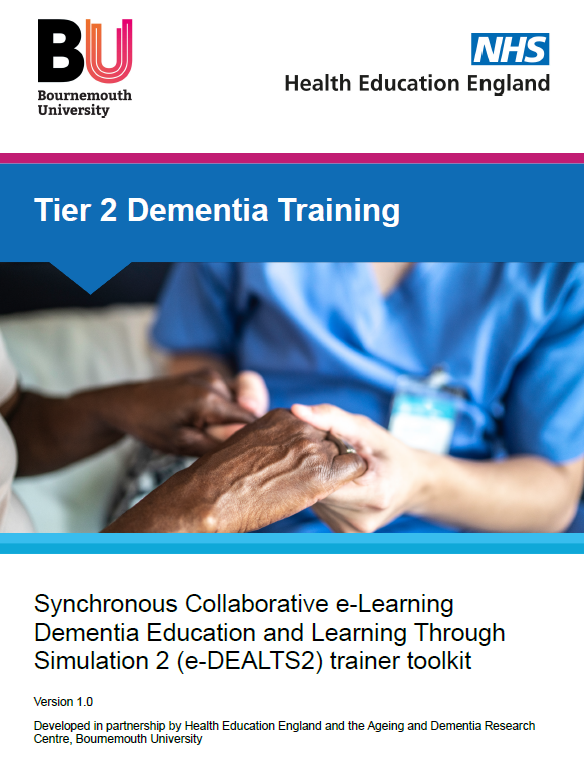

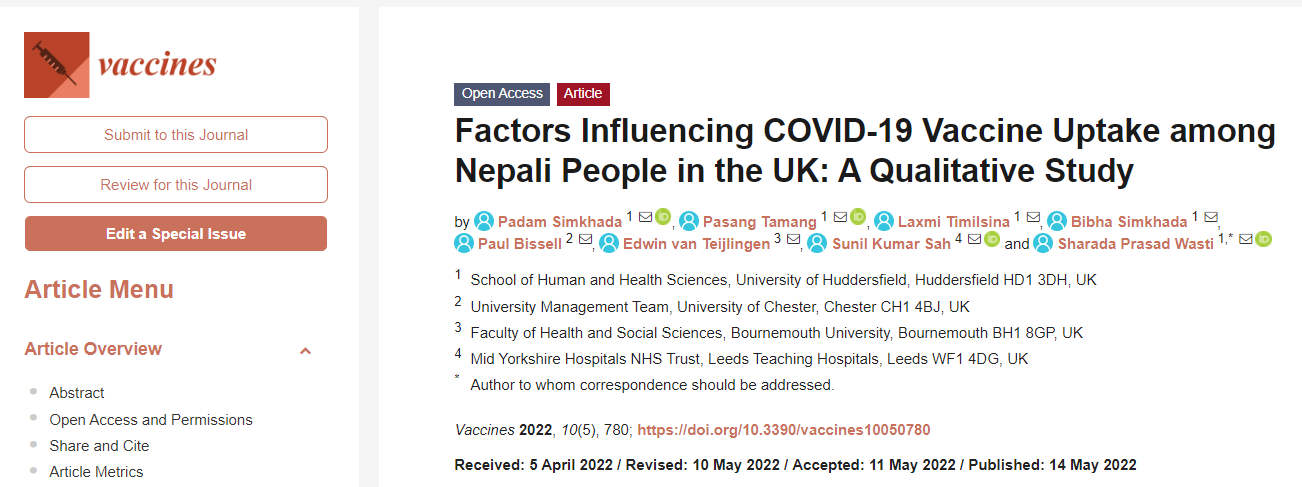


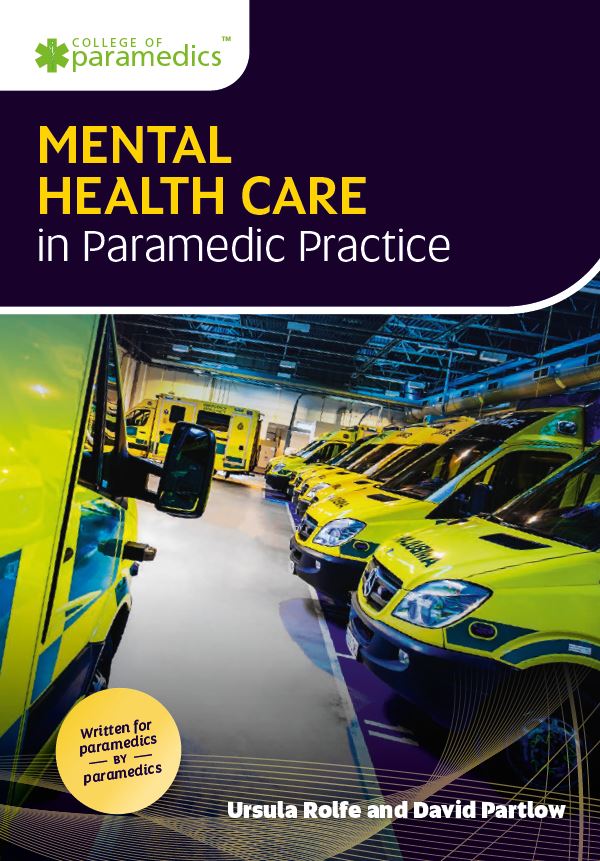
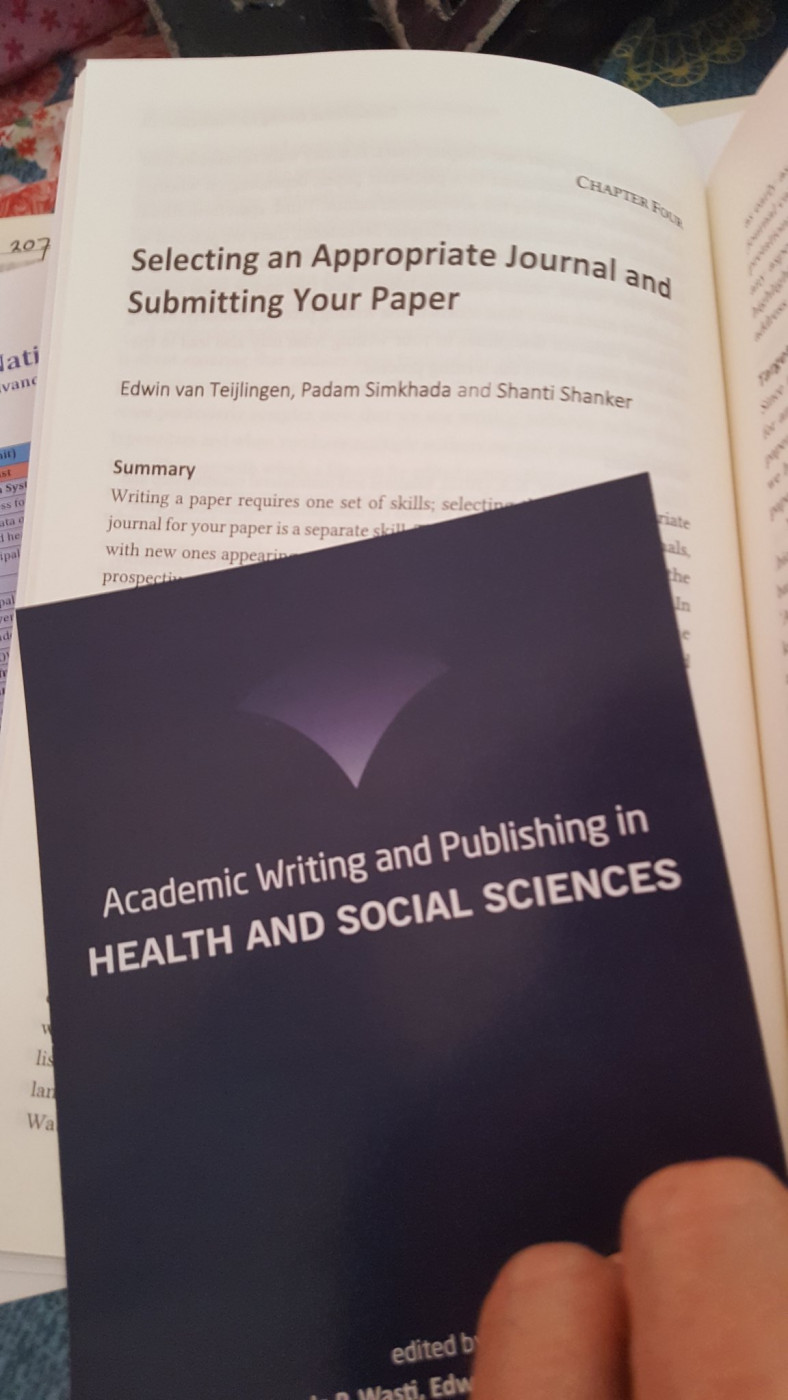

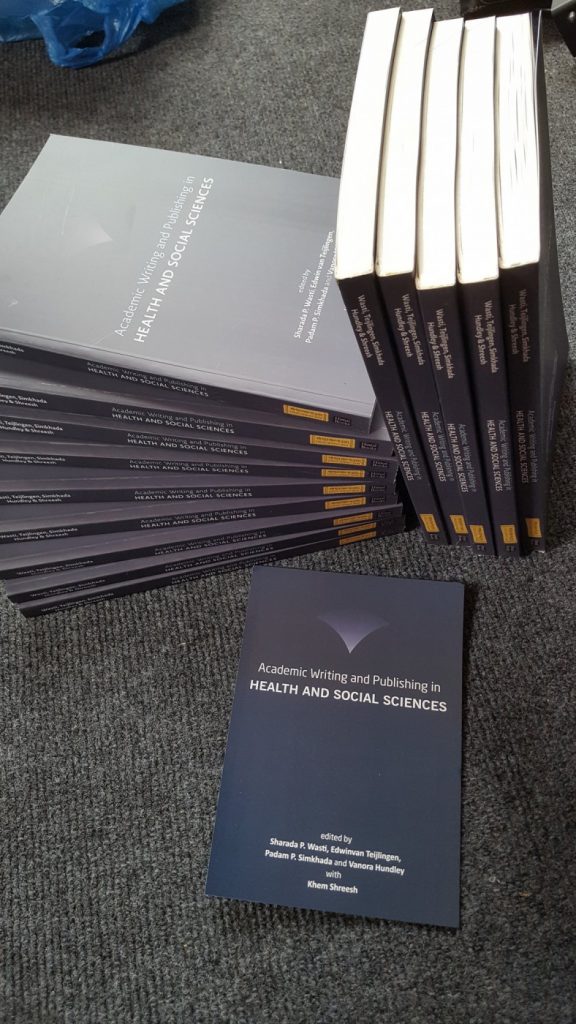
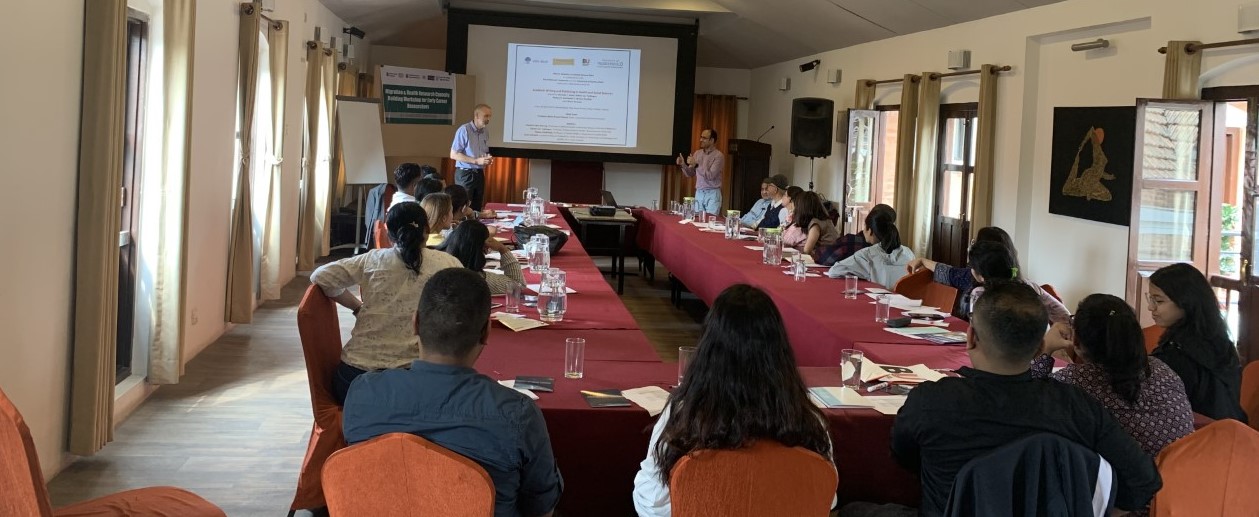

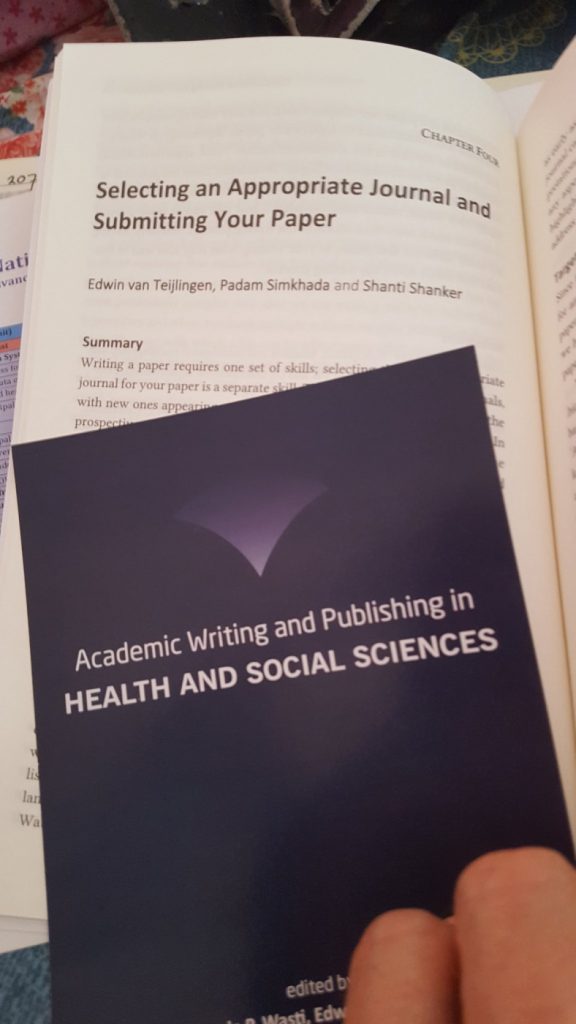
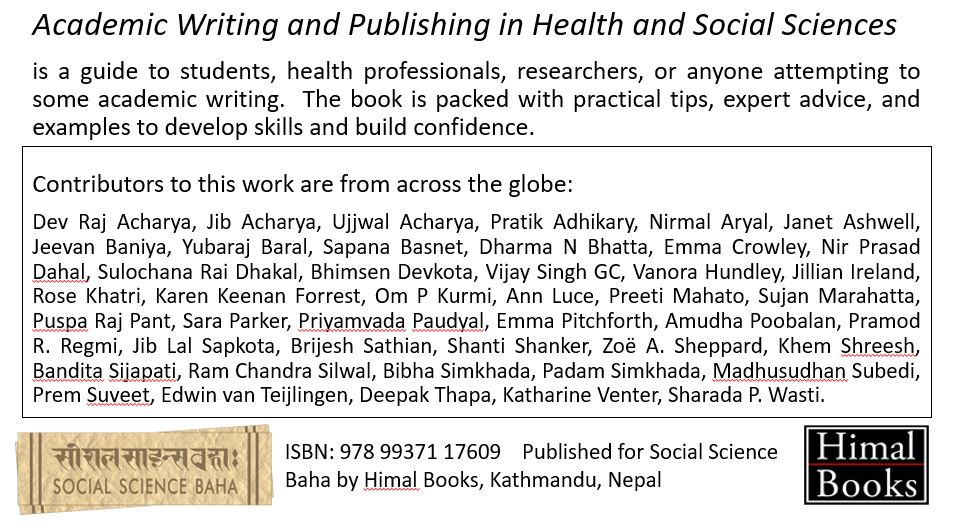
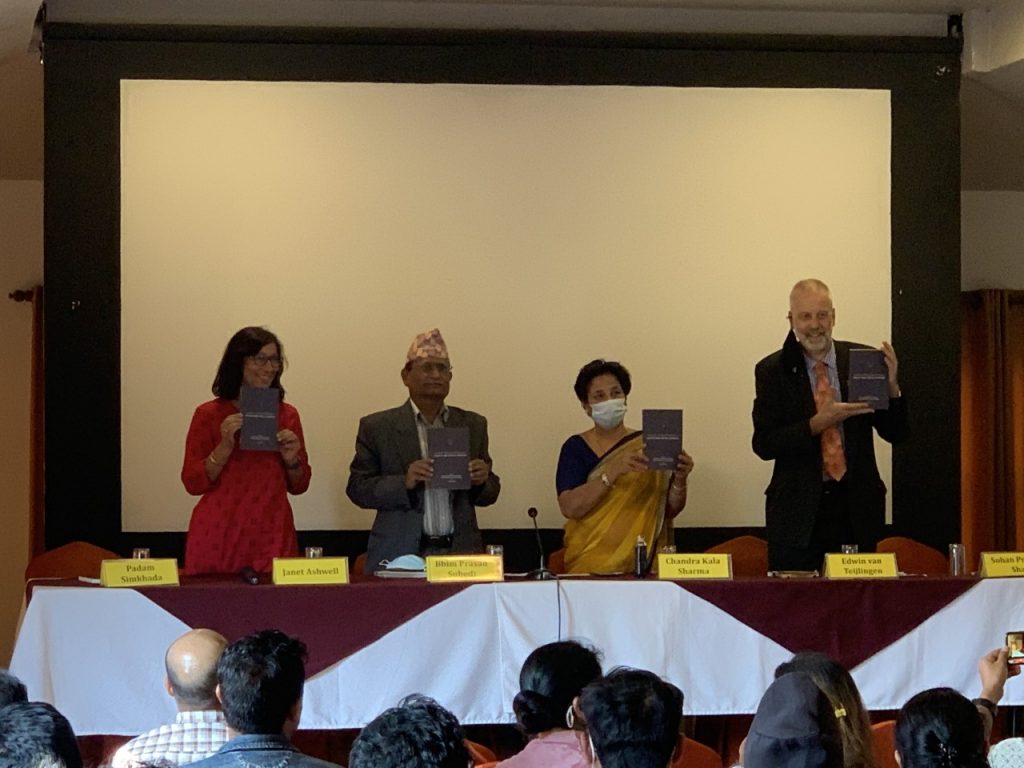
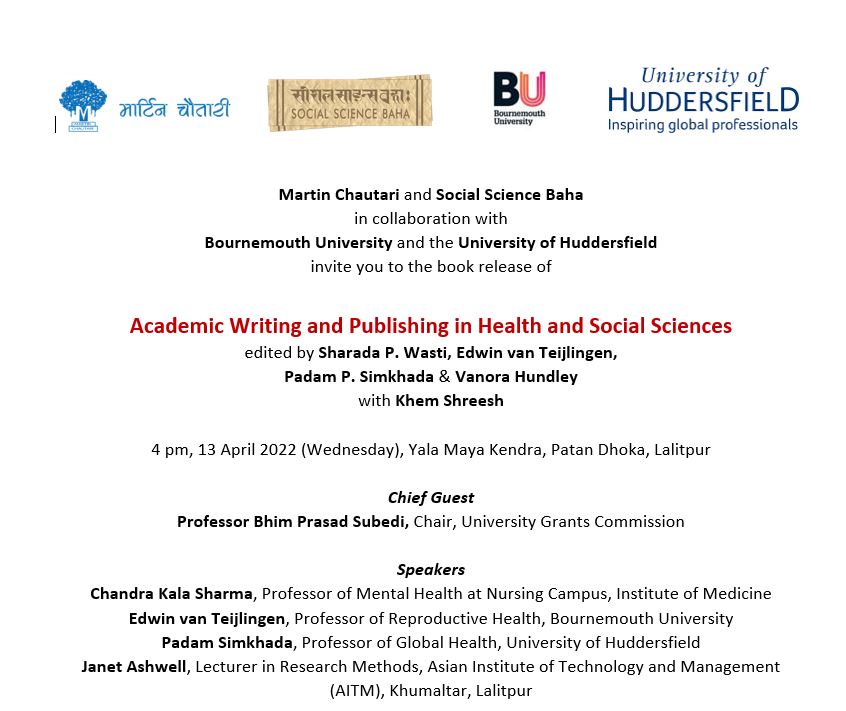

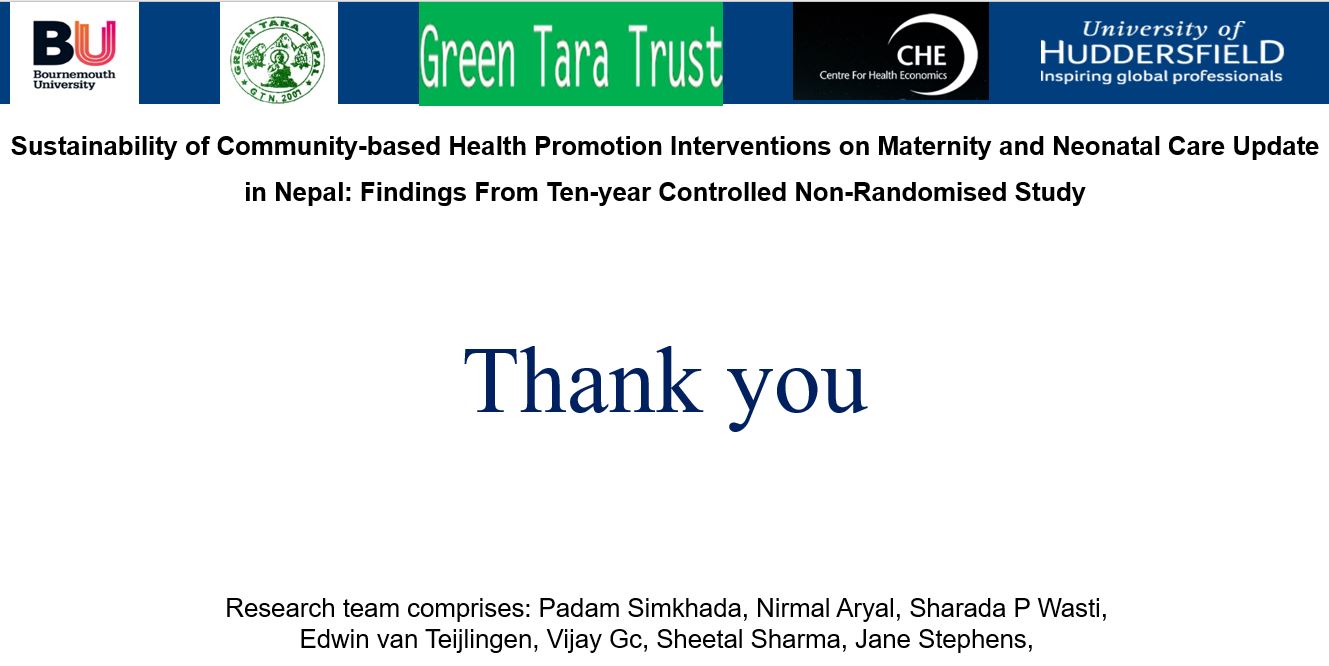
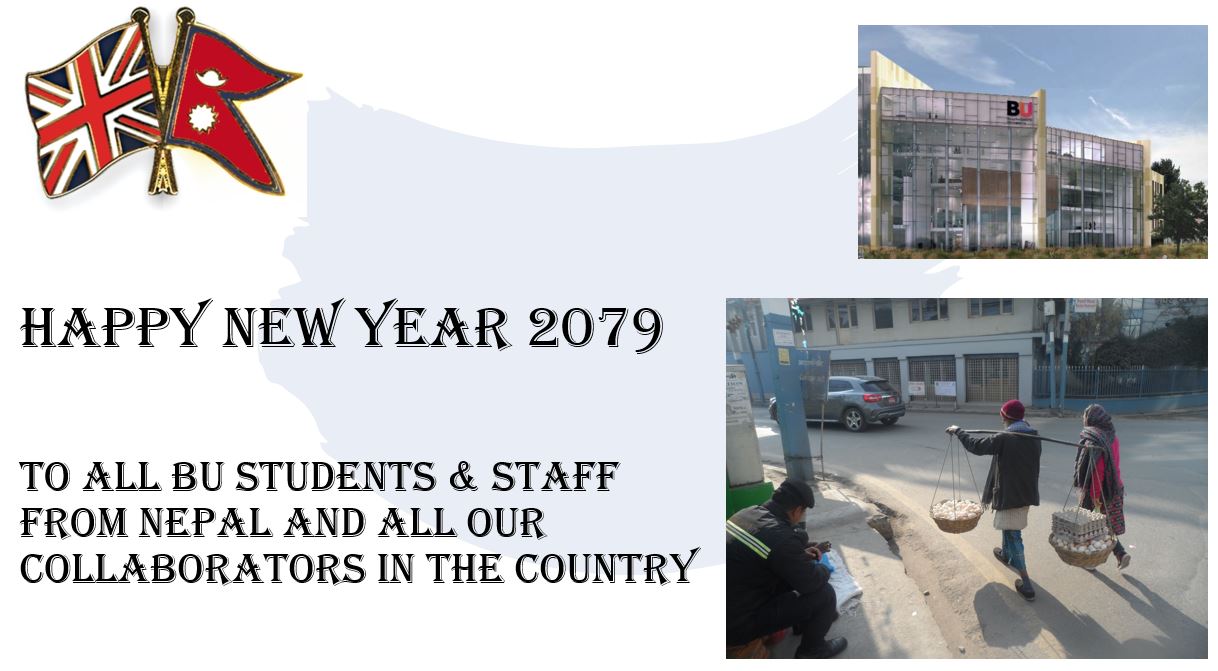











 Upcoming opportunities for PGRs – collaborate externally
Upcoming opportunities for PGRs – collaborate externally BU involved in new MRF dissemination grant
BU involved in new MRF dissemination grant New COVID-19 publication
New COVID-19 publication MSCA Postdoctoral Fellowships 2024
MSCA Postdoctoral Fellowships 2024 Horizon Europe News – December 2023
Horizon Europe News – December 2023